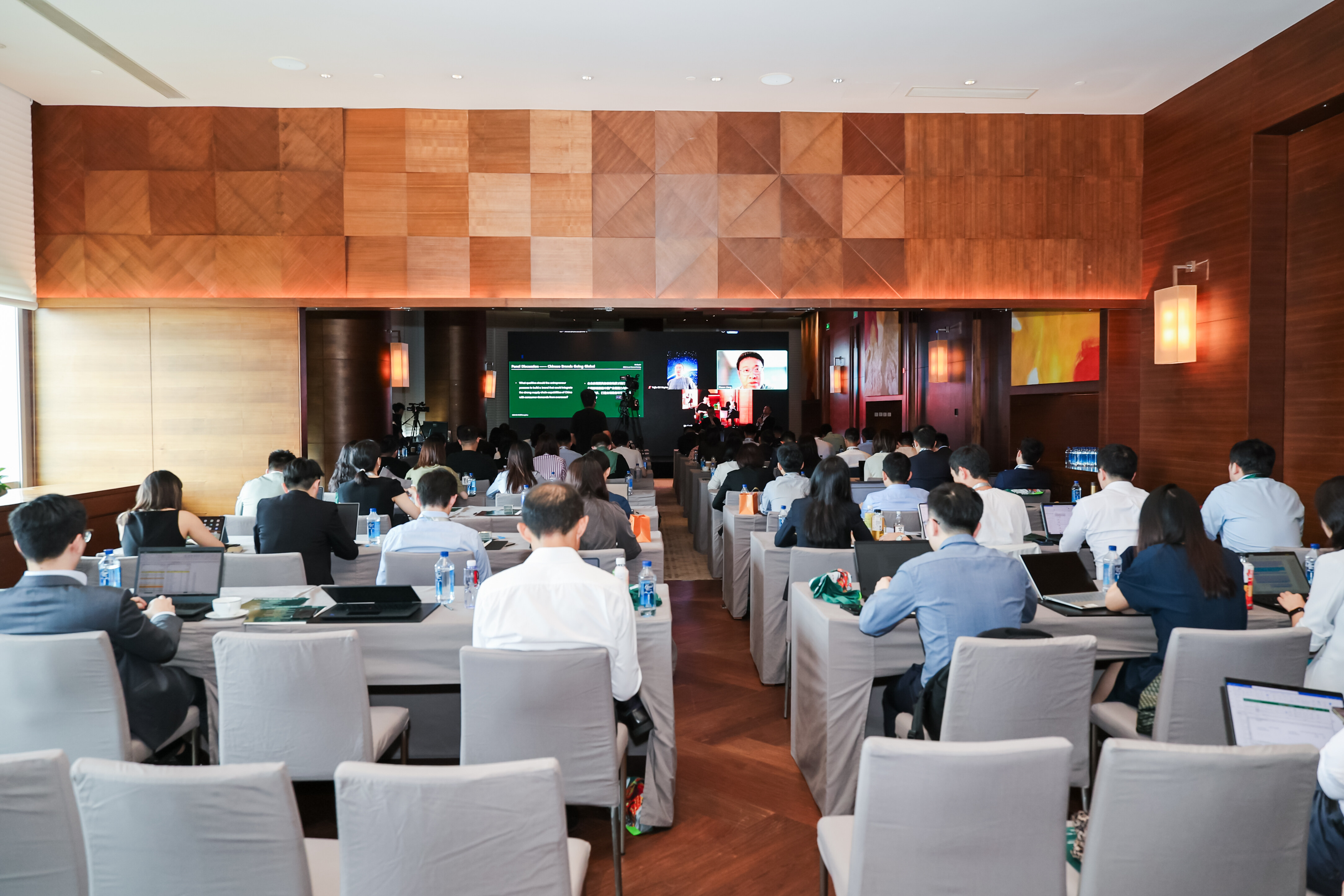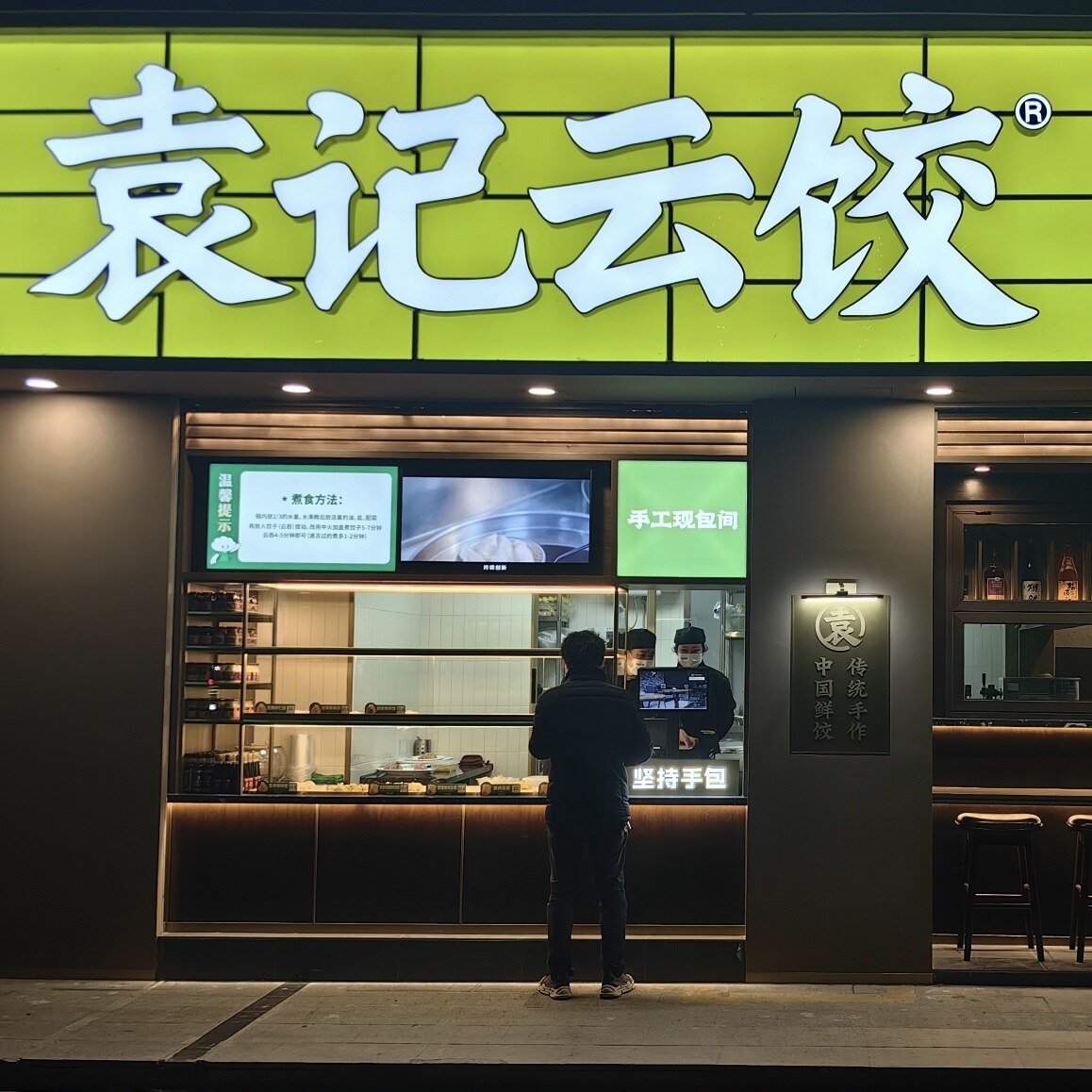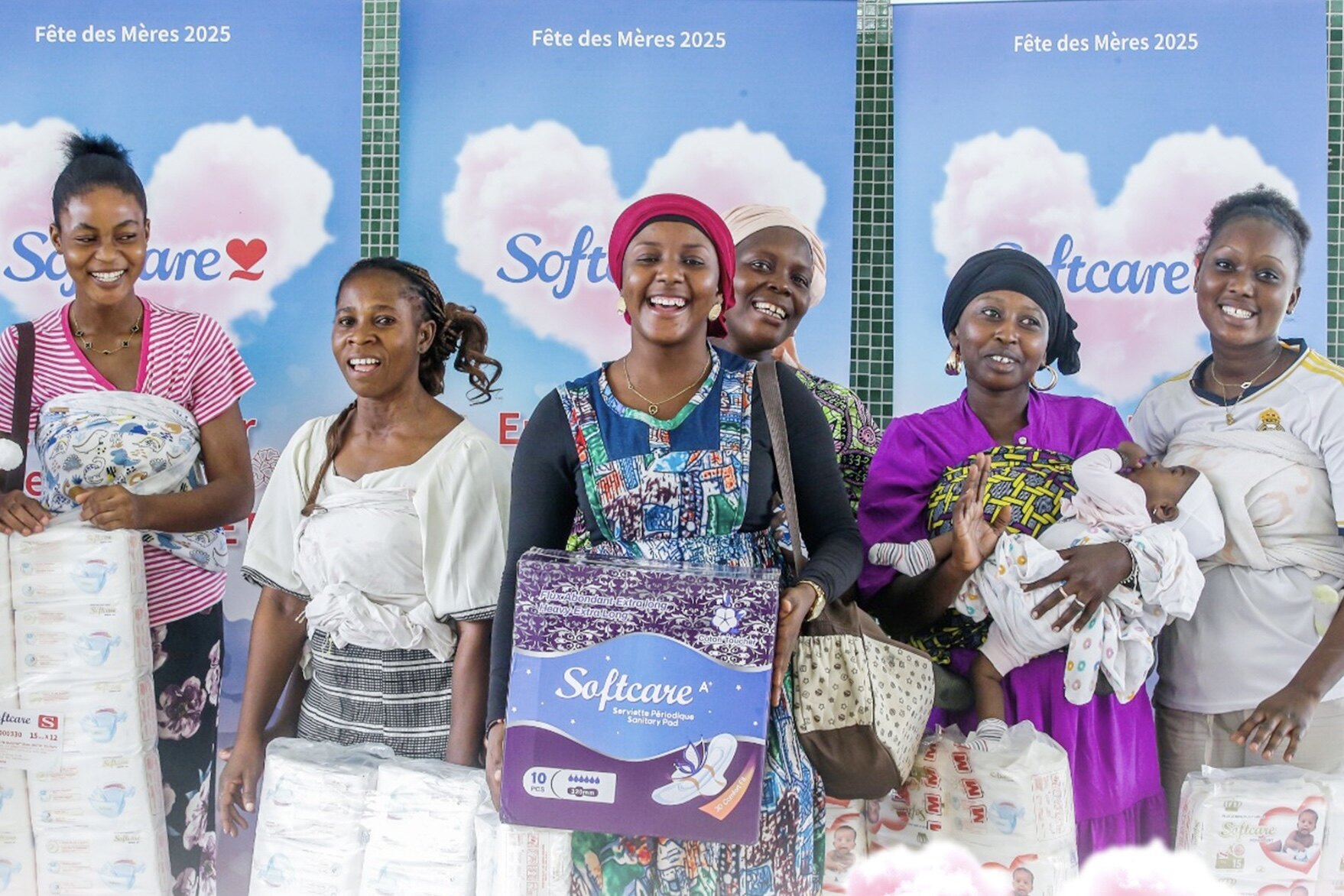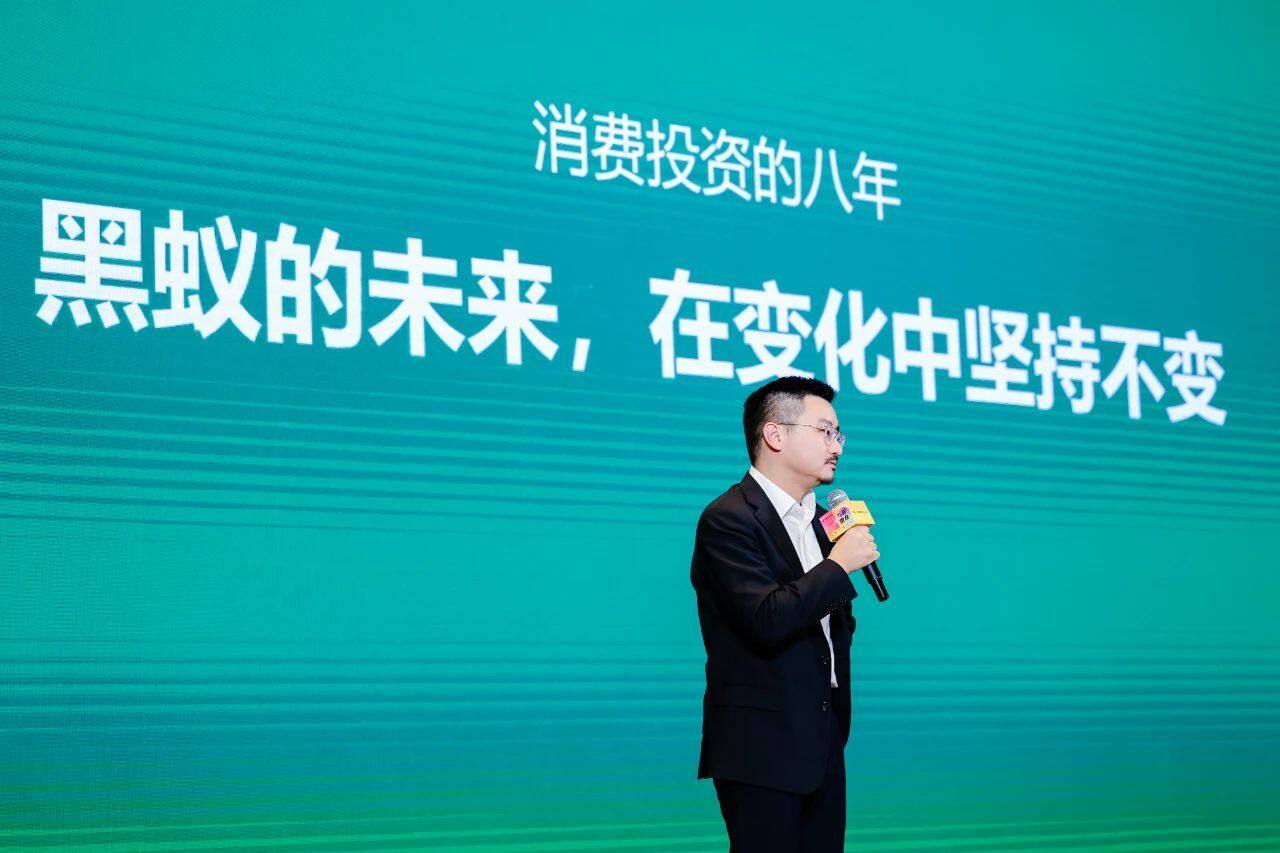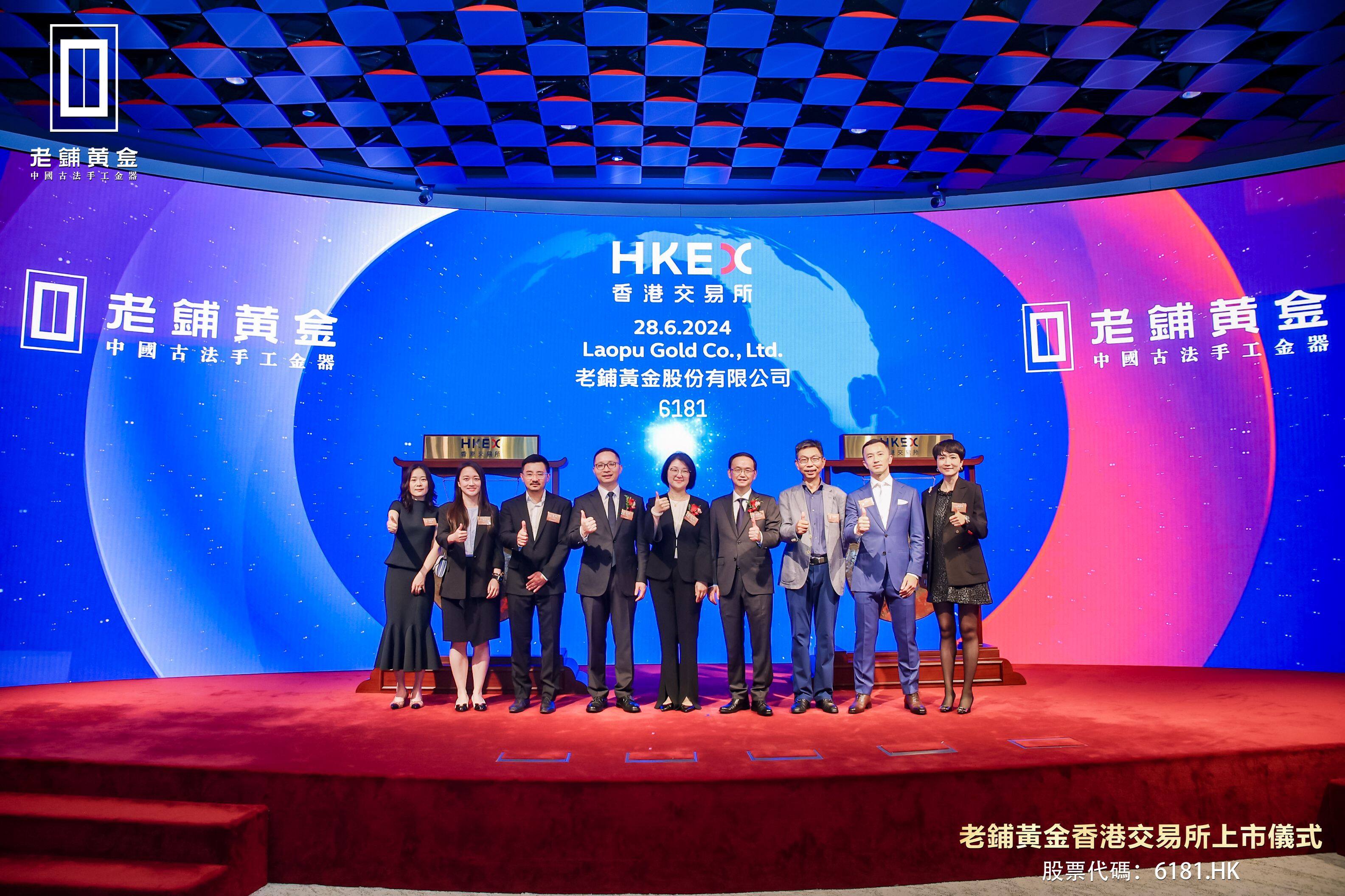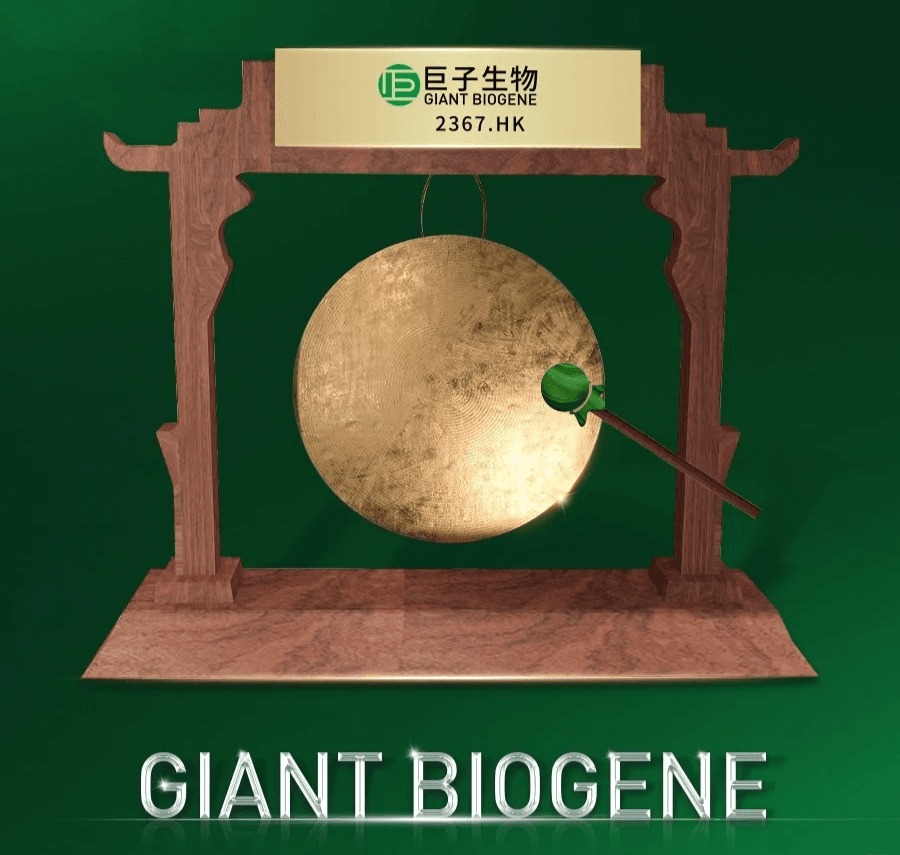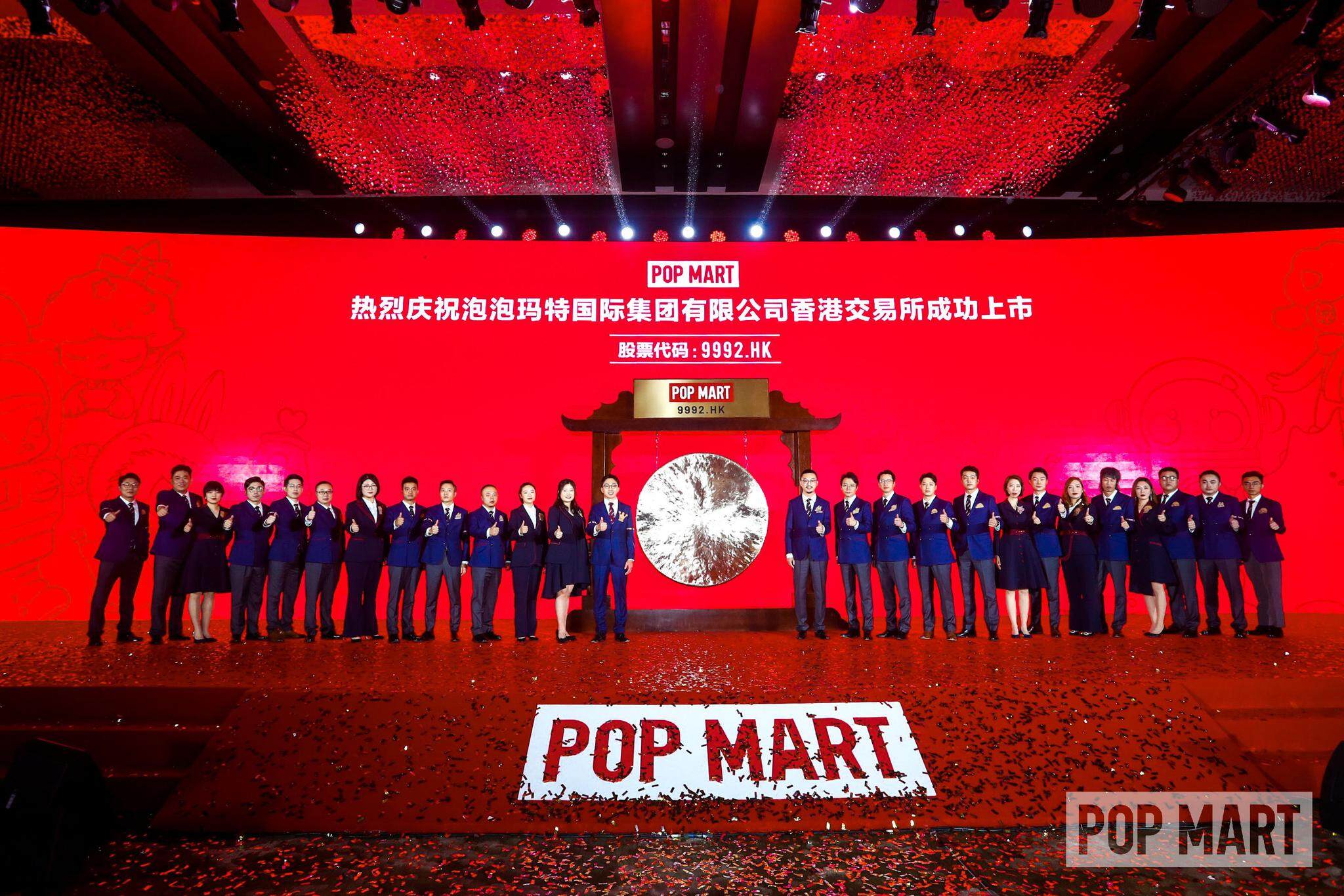Editor’s Note:
Now marks the pivotal moment for Chinese brands to pursue global expansion. In recent years, portfolio companies of BA Capital have actively explored international markets, achieving remarkable results. Supported by China’s maturing economic ecosystem, the domestic market is now incubating a new generation of high-potential brands – those capable of meeting global consumer demands while forging authentic emotional connections worldwide.
To explore this opportunity, BA Capital recently hosted a roundtable on globalization strategies. Participants included: Si De (COO of POP MART), Xiaoling Liang (Founder of Tenways), and Michael Zhang (Managing Partner of BA Capital). Their discussion centered on three critical dimensions: executing localized market entry strategies, designing adaptive global organizational structures, and navigating broader economic shifts through consumer-centric approaches.
Going Global, Thinking Local
Michael Zhang: Let’s begin with a quick overview—how are your companies progressing in global expansion efforts?
**Si De (COO, POP MART): ** POP MART began exploring globalization in 2018. In 2022, we laid out a five-year strategic plan aiming for overseas revenue to account for 50% of the group’s total. Beyond expanding our sales channels, we started building overseas supply chains in the second half of 2023, with Vietnam as the first stop. In 2024, we expect about 10% of our global products to be manufactured there.
Xiaoling Liang (Founder, Tenways): Tenways specializes in electric-assist bicycles—commonly known in the West as e-bikes or pedelecs. Our primary markets are the Netherlands, Germany, and other economically developed parts of Western Europe. We compete directly with local players and target users aged 30–60 who use e-bikes for commuting and leisure.
Unlike many Chinese companies that go overseas later in their development, Tenways was global from day one. Our marketing Headquarter is based in Europe. As of 2024, our Amsterdam office has more than 50 local European employees, and we expect this to grow to over 100 by 2025.
Another key strength of ours is our end-to-end value chain integration — from domestic and international supply chains to marketing, sales networks, and after-sales service systems. We occupy both ends of the value-added “smile curve.”
Michael Zhang: Among Chinese companies expanding globally, two distinct approaches emerge: those scaling from domestic roots versus those born as global players. POP MART exemplifies the former model. How do you retain fundamental identity while cultivating deep local market relevance?
Si De (POP MART): Our core is IP creation and operation. We work with artists from around the world to develop IPs that we then turn into consumer products. Backed by Chinese manufacturing and our strong domestic market, POP MART has incubated many global artists whose IPs have become widely popular worldwide.
For example, CRYBABY by a Thai designer and Peach Riot by an American designer have both received strong responses in their respective markets. Peach Riot became the top-selling POP MART IP series in the U.S., and CRYBABY ranked among the top two in Thailand in the first two months of 2024. We hope to continue discovering artists and IPs globally and enrich the consumer IP experience.
Sharpening Your Edge through Differentiation
Michael Zhang: Tenways didn’t have an established user base in China, yet you’ve built an integrated business model and launched full-scale overseas marketing. What critical capabilities enable founding teams to conquer global markets where their primary focus lies outside the home territory?
Xiaoling Liang (Tenways): First, there are hard skills. On the smile curve, Chinese manufacturers traditionally extend toward the R&D side but seldom toward branding and local channels. Our team needs to master both ends—product development and marketing.
Second, soft skills are crucial—especially the ability to build culturally integrated teams. Previously, different companies in different countries handled each part of the chain. Now, our internal teams run the entire value chain, so alignment and mutual understanding between our China and Europe offices are critical.
Soft skills also include an understanding of local policies and cultures to develop appropriate market strategies. Europe does not favor aggressive price competition—if you follow the rules and prove your capabilities, they will respect you.
Our prices are similar to local European brands, but we differentiate through product innovation and customer insights. This has helped us enter and grow in the market.
Michael Zhang: For Tenways, expanding internationally means facing both domestic and local competitors. Could you both share who our main competitors are in the global market, and how we are positioning ourselves to respond to this competition?
Xiaoling Liang (Tenways): We approach competition with European legacy players on three fronts:
- Product: We are a product-focused company. Deep insight into market needs lets us create distinctive offerings. For instance, traditional European e-bikes mainly use Bosch mid-drive systems and were skeptical of Chinese brands using hub motors. But thanks to China’s advances in EV technology, we’ve matched their performance using hub motors.
- Business model: European marketing strategies evolve slowly. We’ve introduced more advanced omnichannel marketing techniques already common in China and the U.S.
- Efficiency: in the end, business competition comes down to efficiency — and this is where Chinese companies hold a distinct advantage.
Creating Local Value
Michael Zhang: For Pop Mart, how do you view the potential scale of the global market in the future?
Si De (POP MART): At the core of POP MART is IP, and IPs offer broader potential than traditional toys. The global popularity of LABUBU this year proves it could become a world-class IP. We’re particularly optimistic about North America. Our U.S. stores serve diverse communities, and our products are well received.
As our global footprint grows, we’re seeing more consumers embrace our IPs and brand, boosting our confidence. Still, globalization brings challenges — how do we maintain cultural alignment across a growing international workforce? Managing cross-border teams is an ongoing task.
Xiaoling Liang (Tenways): For Tenways, the long-term uncertainty undoubtedly comes from consumers — how to better meet their needs requires continuous understanding and refinement on our part.
In the short term, I believe the key challenges lie in the integration of a globalized organization and how to balance the relationship between headquarters and local teams. The headquarters has strong confidence in maintaining product standards and brand tone, while local teams are closer to the market and communicate in ways that resonate more with local consumers. We are continuously exploring how to strike a better balance in decision-making authority between the two.
Michael Zhang: Tenways has maintained strong growth and profitability since 2021. Are there any emerging uncertainties in global markets that concern you?
Xiaoling Liang (Tenways): We’ve thought about macro risks since day one. One key insight: you can’t approach overseas expansion with a purely profit-driven mindset. You must also consider your contribution to local communities.
For example, we’ve invested in local factories in Europe—something many traditional companies hesitate to do early on. We now employ over 50 staff in our European company and around 100 factory workers. That’s nearly 200 local jobs. The Dutch ambassador to China visited our office, and the Chinese embassy in the Netherlands also supports us.
In addition, we focus on compliance—playing by local rules is crucial for long-term survival. Europe respects free markets and will give space to outstanding Chinese businesses—but only if they’re legal, transparent, and even model corporate citizens. We’re committed to that.
Michael Zhang: In summary, globalization presents Chinese consumer brands with massive opportunities—but also unique challenges. We extend deep appreciation to our speakers for their invaluable perspectives, and reaffirm our commitment to empowering visionary portfolio companies like POP MART and Tenways on their global journeys.

